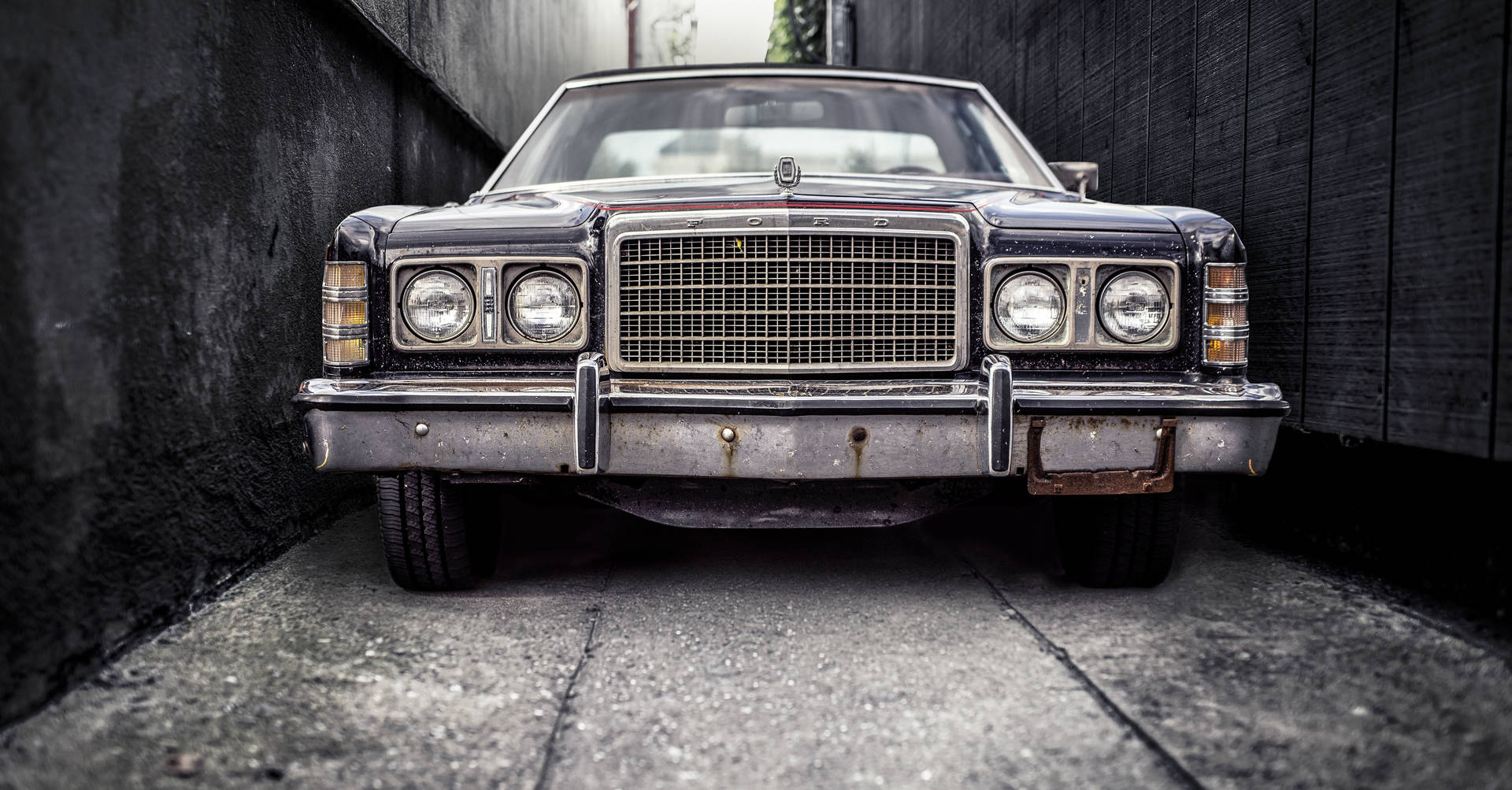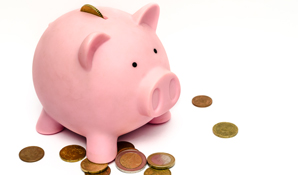There are three reasons why buying a brand new car isn’t the best idea in South Africa: Most South Africans can’t afford what a new car costs (and you’re probably one of them), new cars in South Africa cost more than they do anywhere else in the world, and just like everywhere else in the world, cars depreciate significantly the moment that you’ve bought them.
Financial journalist and educator Maya Fischer-French says that of the people who approach her for guidance, 90% have bought a car that they can’t afford – which is indication enough that South Africans just can’t cope with the costs of their wheels.
To illustrate just how much South Africans are paying for cars, WesBank’s international mobility study in 2012 showed that the cost of a mass entry-level car would be equivalent to 95% of a teacher’s annual salary, while in the USA the same vehicle would cost 23% of a comparable salary.
Never mind what we can or cannot afford, the reality is that cars in South Africa cost more than they do elsewhere because they are taxed to the hilt with a complex array of costly duties. There’s the VAT at 14%, then ad valorem tax, a luxury excise tax which increases on a sliding scale with the cost of the vehicle, and then there is the CO² emissions tax as well. And finally, an import duty of 25% on new vehicles and anything between 7% and 15% on components. Taken together, all of these taxes could add another 45% on to the cost of your new vehicle.
The depreciation trapBut the real reason to avoid buying a new car is not restricted to South Africa. Globally, cars depreciate almost immediately after purchase – as you drive them off the showroom floor – and then continue to depreciate incrementally less each year after that. This means that a new car is never an asset and it loses a significant amount of its value the moment you buy it.
On average, cars depreciate at a rate of 15% to 20% in a year, but for some vehicles, the depreciation in the first year – at the moment of purchase – can be as much as 50%. The massive loss you experience in value instantaneously is enough to take the shine off that lovely new hood ornament.
Buy second hand, but be smart So given that you suffer a big loss the moment you buy a new car, it makes far more financial sense to buy a second-hand car once that initial loss has taken place in someone else’s wallet.
Of course, buying a second-hand car doesn’t mean you have to buy a yellow claptrap with its bumper falling off. There are a number of ways to buy a great-value second hard car that will get you from A to B in comfort. Here are some tips to make sure that you’re getting the best car for your buck:
Buy from a reputable dealerWhile there are probably many honest car dealers, they are difficult to identify. When you buy a car from a branded second-hand dealer, you at least have some recourse if something goes wrong with the vehicle.
Buy a new-ish car with low mileageA car that is one or two years old will already have lost that initial depreciation, but will still essentially be a new car. You’ll probably still have access to the service plan and the car will still have that new-car smell. And remember that if a young car has high mileage (over 30 000km per year), it has been driven hard, so try to stick to those with a lower mileage.
Ask to see all the paperworkCheck for a regular service record and that the car has been maintained. Make sure the car has a roadworthy certificate.
Have it checked out by a trusted mechanicRemember that a roadworthy certificate doesn’t mean the car is in perfect working order, it just means that it meets the base requirements for roadworthiness. Get your mechanic to check it out to highlight any problem areas. The AA offers full bumper-to-bumper examinations at eleven Technical Centres around the country in partnership with DEKRA, a German vehicle-monitoring organisation.
Test drive lots of different cars - even different versions of the same modelCars handle differently on the road. Get a sense of how comfortable you are behind the wheel in various different models and then compare different versions of the same model to make sure that you’re picking the smoothest ride.
Negotiate on price Even branded dealerships will probably be willing to negotiate on price. Get a sense of the range of prices for that particular car in the marketplace by checking out prices on sites like CarFind or getting a valuation from www.carvalue.co.za , and be willing to walk away if you feel that you are being overcharged.
The bigger financial pictureRemember that the purpose of a car is to get you around, and a secondary factor is that you should be comfortable and safe. All the extra bling and shine are just nice-to-haves. So don’t spend a huge portion of your monthly income on your car, unless you are confident that you have settled all your debts and are investing in your future.




